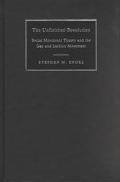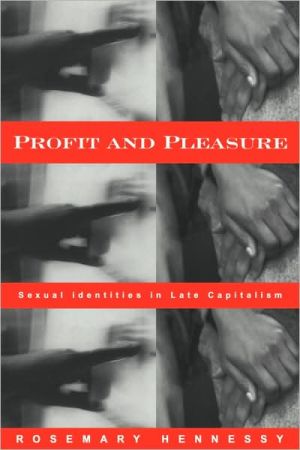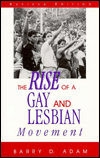Profit and Pleasure: Sexual Identities in Late Capitalism
Search in google:
Profit and Pleasure is a groundbreaking attempt to understand the relationship between capitalism and sexual identity. Rosemary Hennessy boldly reorients queer theory away from its preoccupation with psychoanalysis, language, and performance, instead insisting upon close analysis of the structures of late capitalism, labor, and commodification. She argues that sexual identity has always been linked to gender, race, and nationality, but these identities themselves arise from capitalism. As globalization transforms capitalism, it also transforms sexual identity, opening up both new forms of commodification and new opportunities for agency. On the one hand, middle-class gays and lesbians are enjoying unprecedented visibility, but on the other, society still relies on the gendered division of labor that renders certain subjects unequal. Drawing on an international range of examples, from Che Guevarra to "The Crying Game," Profit and Pleasure leads the discussion of sexuality to a consideration of material reality and the substance of men and women's everyday lives.
1. Setting the Terms 2. The Matrial of Sex 3. Cultural Studies, Commodity Logic, New Sexual Subjects 4. Queer Visibility in Commodity Culture 5. Ambivalence as Alibi: Reading The Crying Game 6. Desire as a Class Act: Lesbian in Late Capitalism 7. Identity, Need, andthe Making of Revolutionary Love Works Cited Index intervene into the conditions of their lives (Frigga Haug, author of Female Sexualization and Beyond Female Masochism) with postmodern queer theory and politics with incisive criticisms of Althusser, Williams, Butler and De Lauretis. Unlike some books which do not connect to practice, she sketches a radical collective politics that provides a plausible alternative to the theories she critiques (Ann Ferguson, University of Massachusetts) author of Radical Representations: Politics and Form in U.S. Proletarian Fiction, 1929-1941) Pleasure a necessary tool in rethinking the intimacies between capitalism and sex (Robyn Wiegman, Director, Women's Studies, University of California, Irvine)




